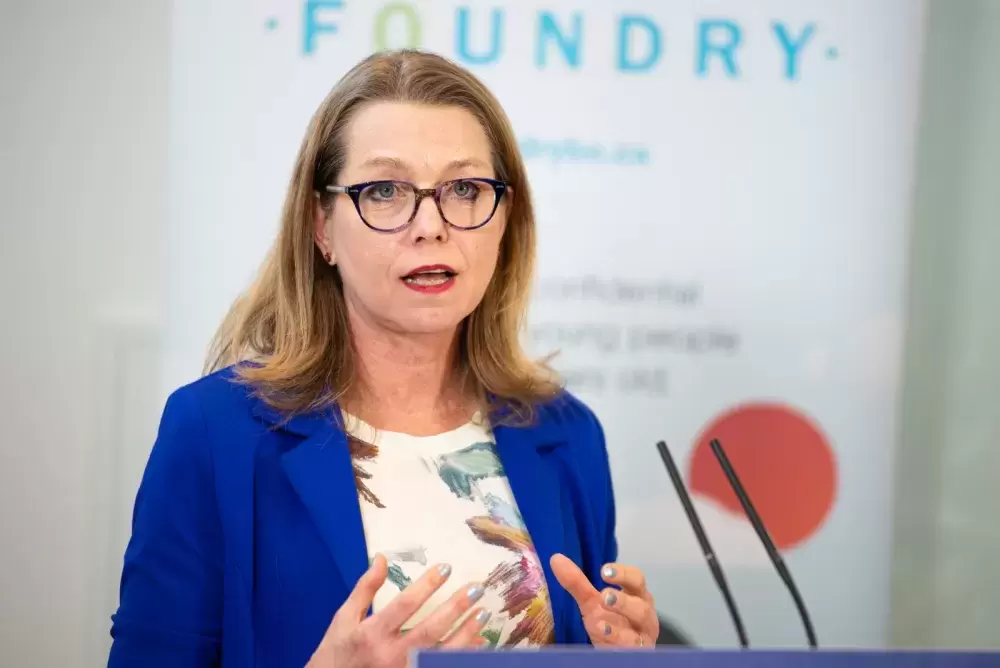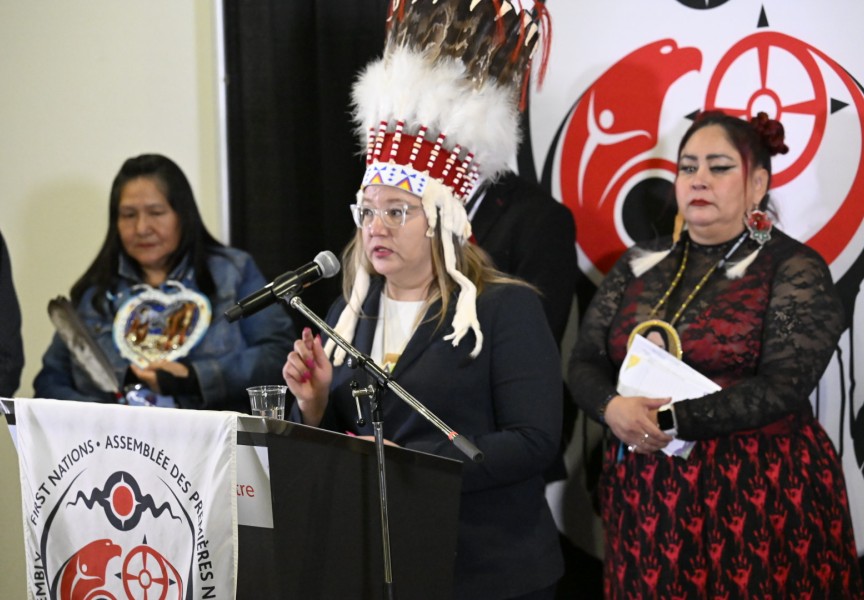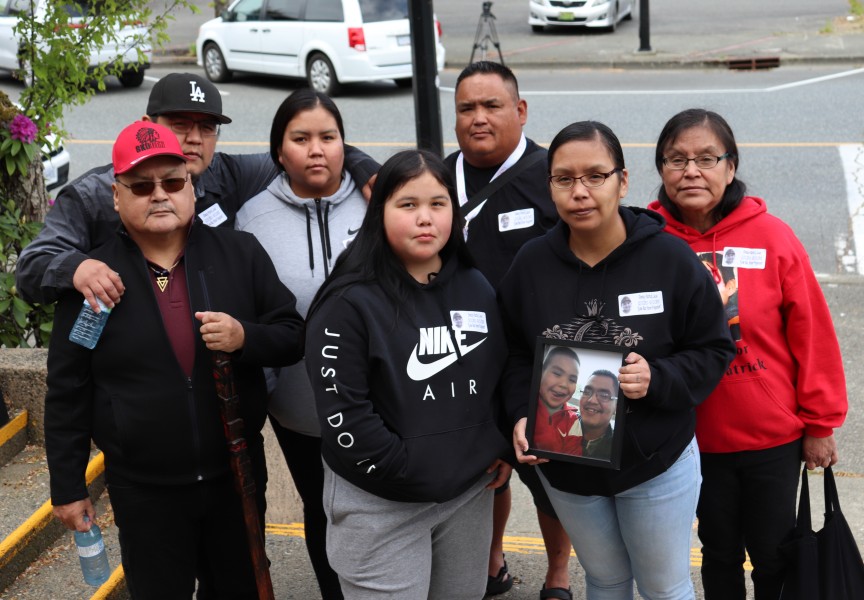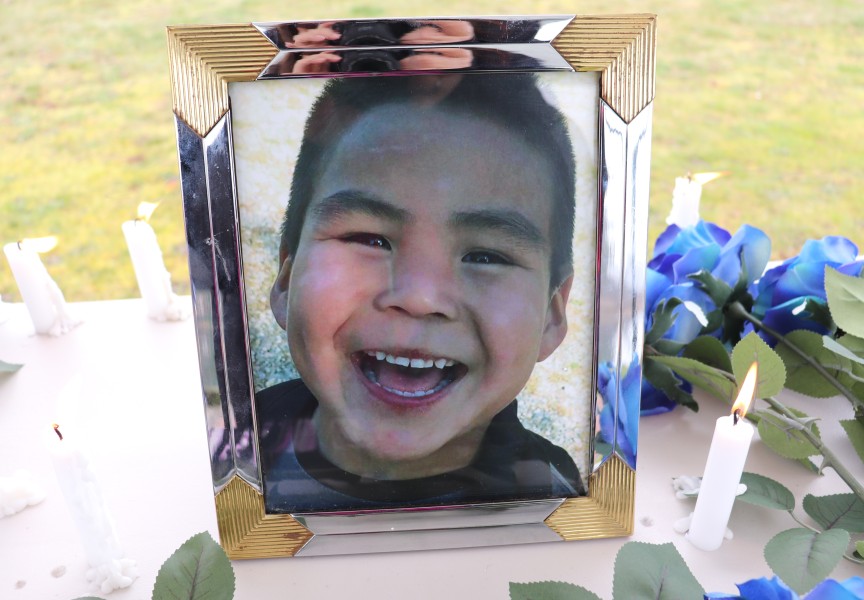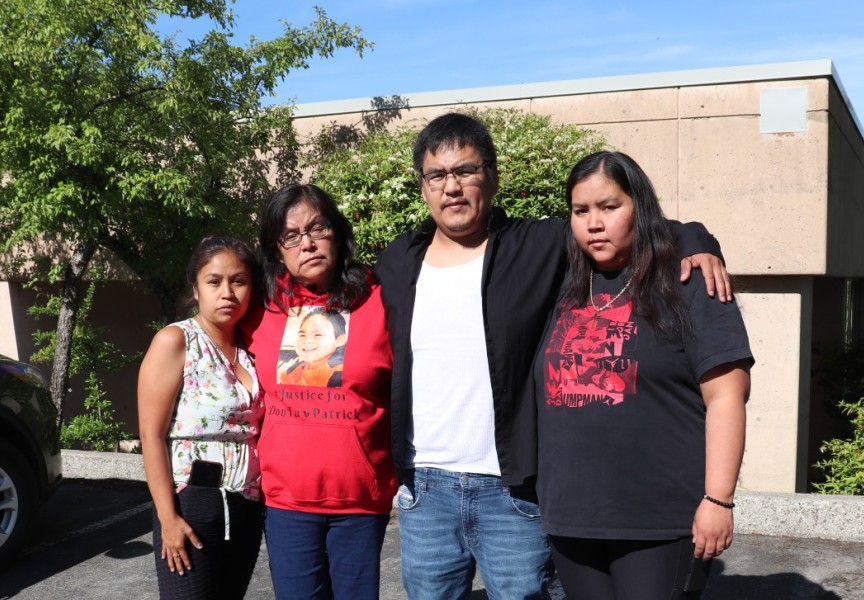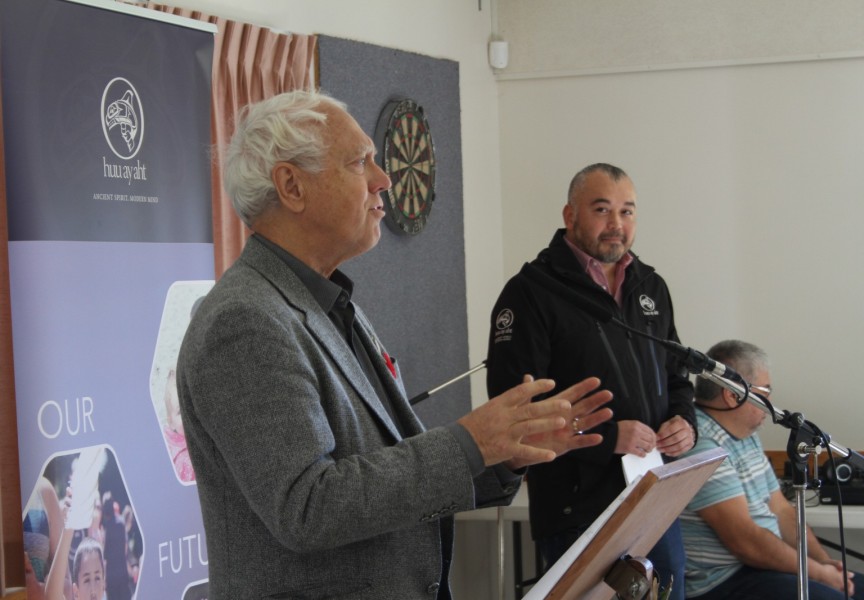Young adults aging out of the foster care system in British Colombia now have a new set of supports to help them achieve success as they begin taking on adult responsibilities.
On May 30 Minister of Children and Family Development Mitzi Dean announced the development, saying it was important that youth in care transitioning to adulthood be supported so that they could fulfill their dreams, achieve their goals and reach their potential.
The Youth Transitions Program, she said, has been renamed to SAJE, Strengthening Abilities and Journeys of Empowerment Program. The name was put forward by a youth advisory council, she noted.
Since 2022, the Ministry of Children and Family Development (MCFD) began creating services to support youth aging out of care, including extending housing eligibility that allows them to stay in their homes past the age of 19. Eligible youth may receive government support to remain in their homes up to their 21st birthday while they pursue education and employment training.
SAJE programming also provides living support for young people with no exemption for earnings. This amounts to $1,250 per month of unconditional support for young people, up to age 20, transitioning out of care. In addition, eligible recipients can receive up to $600 per month to assist with rent for two years or up to the 27th birthday.
In February 2023 MCFD introduced SAJE navigators whose job it is to support youth in care from the age of 14 up to 25 as they access services provided through the program.
On May 30, Minister Dean announced a new suite of services added to the SAJE Program, such as the introduction of $600 every two years for eye care, including glasses and contact lenses. Dental coverage has increased to $1,000 per year.
Medical benefits to youth in care have been expanded to include enhanced access to counselling services and life skills programs. This is important, Dean noted, because children in care may be recovering from interrupted family lives or trauma.
“The new program (SAJE) will play a vital role in enhancing access to crucial tools such as education, life skills and financial assistance,” said Seb Habe, member of the Minister’s Youth Advisory Council.
The minister announced that more housing supports will be introduced in the spring of 2024 that will enable the ministry to support all young adults from care up to the age of 27.
The SAJE program is being implemented over three years, beginning in 2022.
Later this summer, all former youth in care, regardless of age, will be eligible to have their post secondary education tuition waived through the Provincial Tuition Waiver Program. In September 2023 a new grant will be available, up to $3,500 to support additional expenses of students taking part in the Provincial Tuition Waiver Program to purchase supplies like textbooks and computers.
“Even more young people who were in government care can now pursue their education goals and set themselves up for a bright future as a result of the expansion of this tuition waiver program,” said Dean in a press release.
“[T]he tuition waiver program sounds to me like a love letter, from the university to potential students,” said Mallory Woods, a Vancouver Island University student. “It says, ‘You have been through something impossibly hard, but you are welcome here, no explanation needed.’ It is an example of unconditional love, institutionalized.”
Over the past two decades the number of children and youth in B.C.’s foster care system has been cut in half, falling from 10,049 to 5,037 that were tracked by the Ministry of Children last year. The number of Aboriginal youngsters in care also dropped over this period from 4,273 to 3,425. But this trend was much less than the declining number of non-Indigenous children being taken into the foster system, meaning that Aboriginal youth now comprise 68 per cent of those in care.

